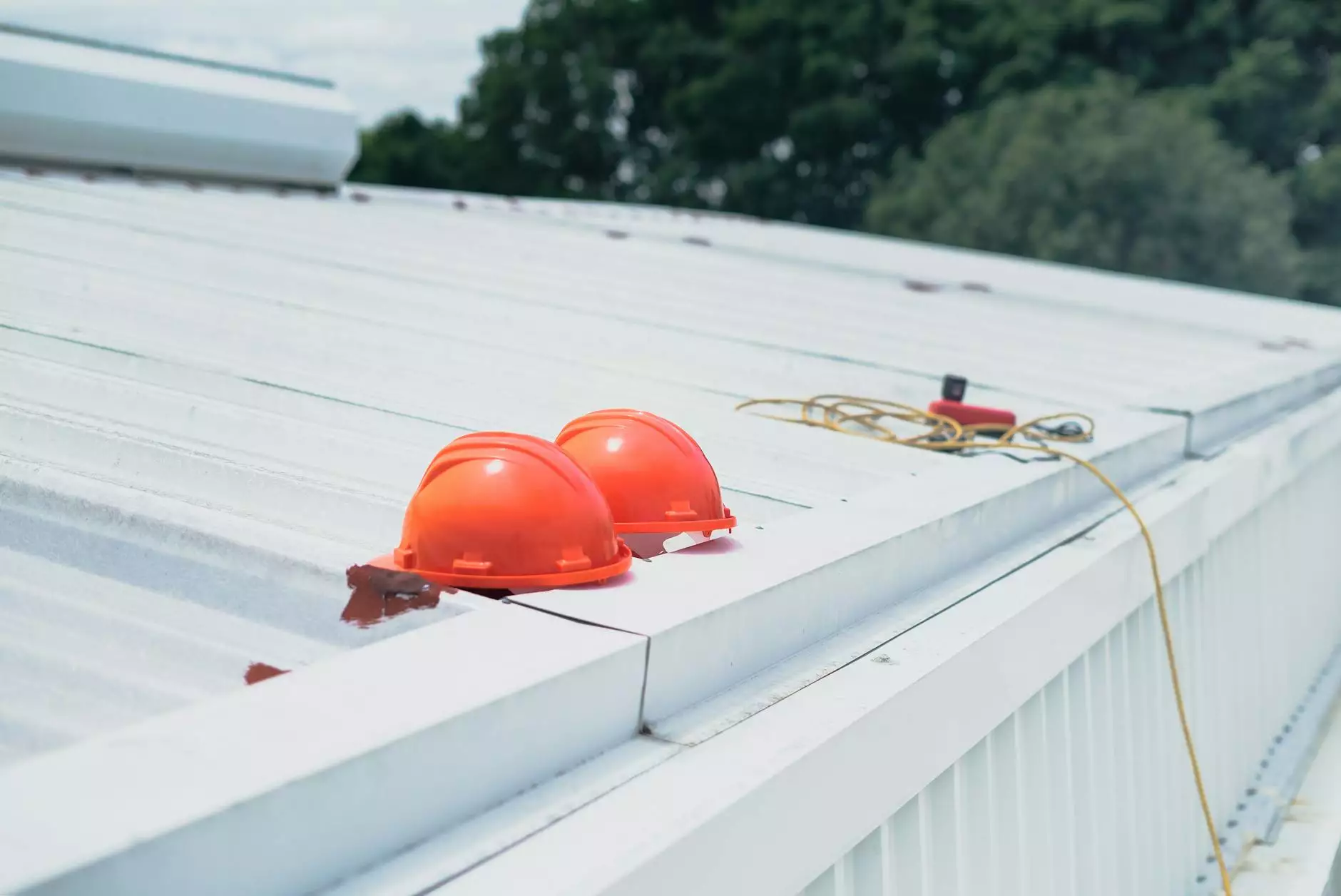Understanding Portable Cement Silos: An Essential Tool for Modern Construction

In the fast-evolving world of construction and manufacturing, efficiency and productivity remain paramount. Among the various tools that aid in achieving these goals, the portable cement silo stands out as a revolutionary piece of equipment. This article delves into the intricacies of portable cement silos, exploring their functionalities, advantages, and the significant role they play in various industries.
What is a Portable Cement Silo?
A portable cement silo is a specialized storage unit designed to hold bulk cement for construction projects. Unlike traditional silos, which are fixed structures, portable silos are mobile and can be repositioned easily based on project requirements. This mobility makes them a practical choice for on-site cement storage, offering flexibility and convenience.
Key Features of Portable Cement Silos
- Mobility: Easily transportable to different locations.
- Quick Setup: Can be set up quickly, minimizing downtime.
- Durability: Built to withstand harsh weather conditions.
- Capacity: Available in various sizes to meet different project needs.
- Cost-Effective: Reduces overhead costs by storing cement on-site.
Advantages of Using Portable Cement Silos
Utilizing a portable cement silo offers myriad benefits that can enhance project efficiency and overall productivity:
1. Enhanced Efficiency
By storing cement directly on-site, crews can access materials faster, significantly reducing transportation delays and downtime. This immediacy contributes to a more streamlined workflow, enabling projects to stay on schedule.
2. Cost Savings
Using a portable silo can lead to considerable cost savings. Projects can purchase bulk cement at lower rates and avoid frequent deliveries, which can add to expenses. The ability to manage inventory on-site reduces wastage and optimizes budgeting.
3. Versatility in Application
Portable cement silos are not limited to a single application. They are suitable for a wide array of construction projects, including:
- Residential buildings
- Commercial developments
- Industrial facilities
- Infrastructure projects
- Road construction
4. Safety and Compliance
Modern portable cement silos are equipped with safety features, including pressure relief valves and dust collection systems, ensuring compliance with safety regulations. Properly maintaining these silos reduces the risk of accidents on job sites, promoting a safer working environment.
How to Choose the Right Portable Cement Silo
When selecting a portable cement silo, consider the following factors to ensure that it fits your project requirements:
1. Capacity Needs
Evaluate the scale of your project to determine the appropriate silo capacity. Available sizes can range from small units for minor projects to large models capable of meeting the demands of extensive construction sites.
2. Material Quality
Choose silos constructed from high-quality materials that provide durability and resistance to environmental factors. Stainless steel and reinforced steel are excellent choices for ensuring longevity.
3. Mobility and Transport Features
Look for designs that facilitate easy transportation. Features such as wheels or lifting points can enhance mobility, making it easier to relocate the silo as needed.
4. Safety Features
Ensure that the silo includes safety features such as emergency shut-off systems, pressure gauges, and dust filters, which are crucial for compliance and operational safety.
Applications of Portable Cement Silos
The utility of a portable cement silo extends across various industries, presenting itself as an essential piece of equipment in many construction scenarios:
1. Ready-Mix Concrete Production
Portable silos play a pivotal role in ready-mix concrete plants, where they store cement ingredients that are mixed with aggregates and water on site. This on-demand mixing helps meet specific project requirements.
2. Precast Concrete Manufacturing
In precast concrete manufacturing, silos provide the necessary cement storage for creating concrete elements off-site, enabling swift production schedules and improved quality control.
3. Infrastructure and Road Construction
For large infrastructure projects such as bridges, highways, and tunnels, portable cement silos supply cement directly to multiple mixers, enhancing coordination and efficiency on extensive job sites.
4. Industrial Applications
Cement is also vital in various industrial processes. Portable silos can support activities like structural repairs and maintenance within industrial facilities where quick access to materials is essential.
Maintenance Tips for Portable Cement Silos
To ensure the longevity and optimal performance of your portable cement silo, consider the following maintenance practices:
1. Regular Inspections
Conduct routine inspections to identify any wear, damage, or potential safety hazards. Checking seals, valves, and all mechanical components helps preempt significant issues.
2. Cleanliness
Maintaining cleanliness within the silo is crucial. Residue buildup can affect the quality of cement, and regular cleaning prevents contamination.
3. Calibration
Ensure that the silo's measurement and dispensing systems are calibrated correctly. Inaccuracies can lead to wastage or variability in concrete quality.
Conclusion: Investing in a Portable Cement Silo
As projects become more complex and demand for efficiency rises, investing in a portable cement silo can significantly impact a construction business’s success. By choosing the right silo and ensuring proper maintenance, businesses can streamline their operations, reduce costs, and deliver high-quality outcomes.
Embrace the advantages that a portable cement silo offers, and position your construction projects for success with this invaluable piece of equipment. For more information and to explore high-quality options, visit polygonmach.com today.









